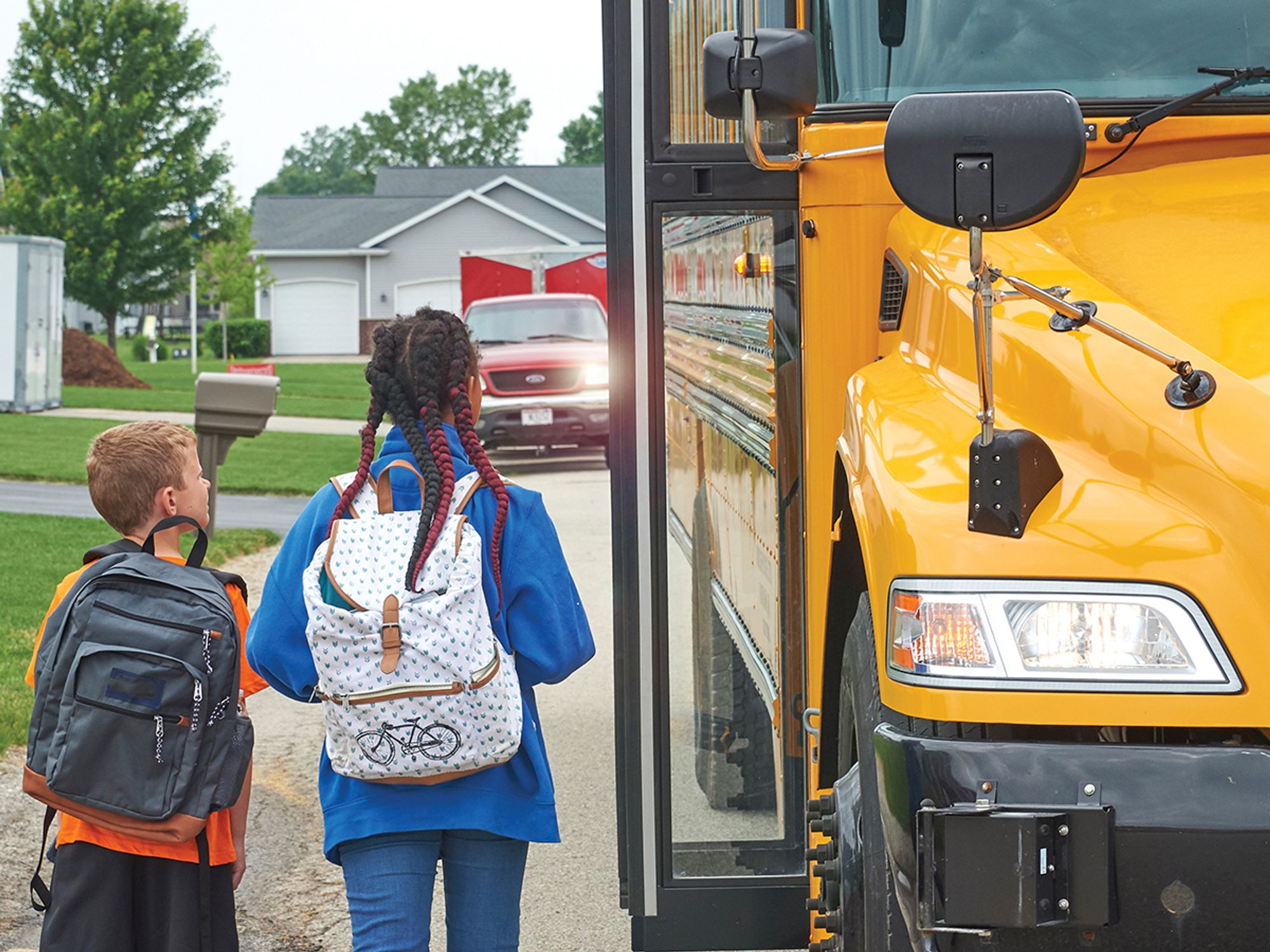Exemptions

- Commercial motor vehicle (CMV) operations exempt from most of the Federal Motor Carrier Safety Regulations (FMCSRs) include, but are not limited to, school buses, transportation performed by the government, and the occasional transportation of personal property without compensation.
- An exemption applies to carriers providing direct emergency assistance to help save lives or property or to protect public health or safety during a government-declared emergency.
- CMV drivers and motor carriers can apply for limited waivers or exemptions from the FMCSRs.
Section 390.3 describes the types of operations that are exempt from most of the Federal Motor Carrier Safety Regulations (FMCSRs) (although not exempt from the commercial driver’s license (CDL) or drug/alcohol testing regulations in 382 and 383):
- All school bus operations (between home and school) as defined in 390.5;
- Transportation performed by the federal government or a state or local government (but not including transportation by contractors or others on behalf of the government);
- The occasional transportation of personal property by individuals when there is no compensation involved and the transportation is not business-related;
- The transportation of human corpses or sick and injured persons;
- The operation of rescue vehicles while involved in emergency and related operations; and
- The operation of CMVs designed to transport between 9 and 15 passengers (including the driver), not for direct compensation (these operations, however, are not completely exempt from the FMCSRs).
Refer to 390.5 for important definitions.
“Emergency” exemptions
Emergency declarations made by the President of the United States under sections 390.23 and 390.25 provide for an exemption from all of Parts 390-399 of the FMCSRs for carriers that are providing direct emergency assistance to help save lives or property or to protect public health and safety during a government-declared emergency for a maximum of 30 days. Each governmentally-declared emergency exemption can be different with respect to applicable and exempt regulations so understanding the specifics of each one is imperative.
Under regional declarations of emergency, except as provided in 391.23(b)(1), section 395.5 (hours-of-service limits) shall not apply to a motor carrier or driver operating a commercial motor vehicle providing direct assistance during an emergency declared by the Governor of a State, their authorized representative, or FMCSA during the emergency period or 14 days from the date of the initial declaration of emergency, whichever is less.
Under local emergencies, section 395.5 (hours-of-service limits) shall not apply to a motor carrier or driver operating a commercial motor vehicle providing direct assistance during an emergency declared by a Federal, State, or local government official having authority to declare an emergency for the period of such assistance or 5 days from the date of the initial declaration of emergency, whichever is less.
Applying for a waiver or exemption
Drivers and motor carriers can apply for their own limited waivers or exemptions from the rules. Waivers and exemptions both provide temporary relief from one or more of the FMCSRs, but waivers are only good for up to three months while exemptions are good for up to five years and can be renewed. The process for applying for a waiver or exemption can be found in Part 381.
